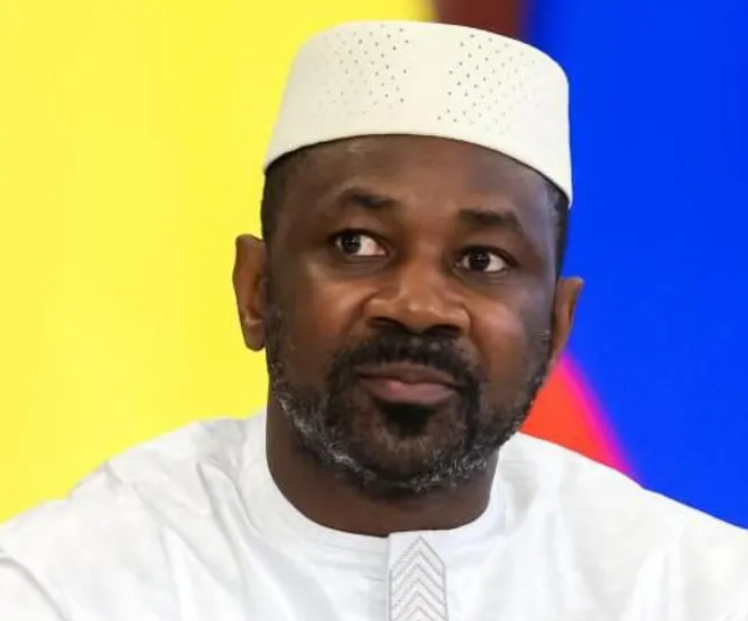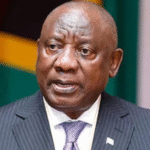By Amadou Keita
Bamako, Mali – Mali’s military leader, General Assimi Goïta, has been granted a five-year presidential term by the transitional parliament, a move that allows for indefinite renewals without elections and has sparked widespread fears of entrenched authoritarian rule. The National Transitional Council, composed of military and allied figures, unanimously approved the controversial bill on Thursday.
The decision empowers the 41-year-old junta leader to remain in power until at least 2030, with the bill explicitly stating the mandate can be renewed “as many times as necessary” and until the country is “pacified.” This development directly contradicts Gen. Goïta’s previous pledges to restore democratic rule and hold elections, promises he has repeatedly reneged on since seizing power twice in recent years.
Critics and observers fear the extended mandate could usher in a new era of repression against opposition voices and dissenting opinions. The move follows a growing crackdown on dissent by the military government, which notably banned all political parties in the country last May.
Gen. Goïta, who was named transitional president after his last coup in May 2021, had initially committed to holding elections the following year. However, those plans never materialized, dealing a significant blow to international efforts to restore multi-party governance in the West African nation.
Despite concerns from regional and international bodies, the president of the legislative body, Malick Diaw, defended the decision, calling it “a major step forward in the rebuilding of Mali” and claiming it was “in accordance with the popular will.” The new legislation also controversially permits members of the transitional presidency, government, and legislature to stand in future presidential and general elections.
Gen. Goïta first came to power in August 2020 through a coup that overthrew then-President Ibrahim Boubacar Keïta amidst widespread anti-government protests and a worsening jihadist insurgency. After initially handing power to an interim civilian government tasked with overseeing an 18-month transition to elections, he staged a second coup in May 2021, unhappy with the civilian administration and seizing control himself.
Since taking power, the military government has struggled to quell the persistent jihadist violence unleashed by groups linked to Islamic State (IS) and al-Qaeda. On Tuesday, a series of simultaneous attacks targeted military posts across several Malian towns, marking the third major assault on the army in the past month, indicating that the security situation has continued, and even intensified, under military rule.
On the diplomatic front, Gen. Goïta has pivoted Mali’s alliances, forging closer ties with coup leaders in neighboring Burkina Faso and Niger. This shift has seen the country increasingly align with Russia while cutting ties with former colonial power France. Mali has also withdrawn from the regional grouping ECOWAS, which had pressed for a return to democratic rule, with Burkina Faso and Niger following suit.









